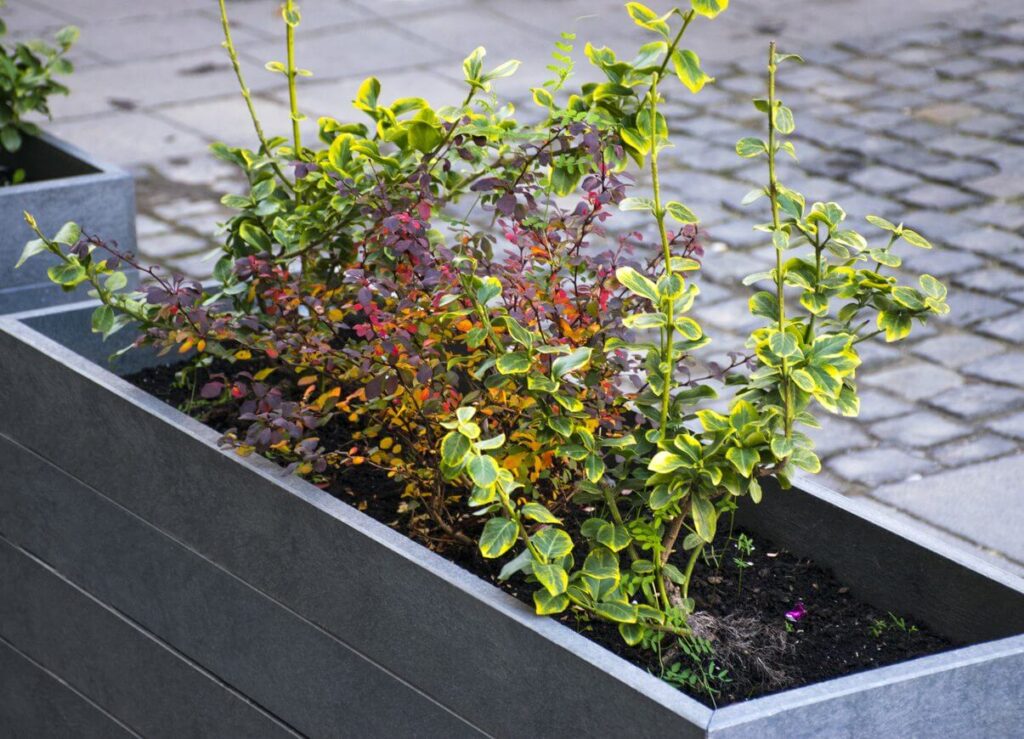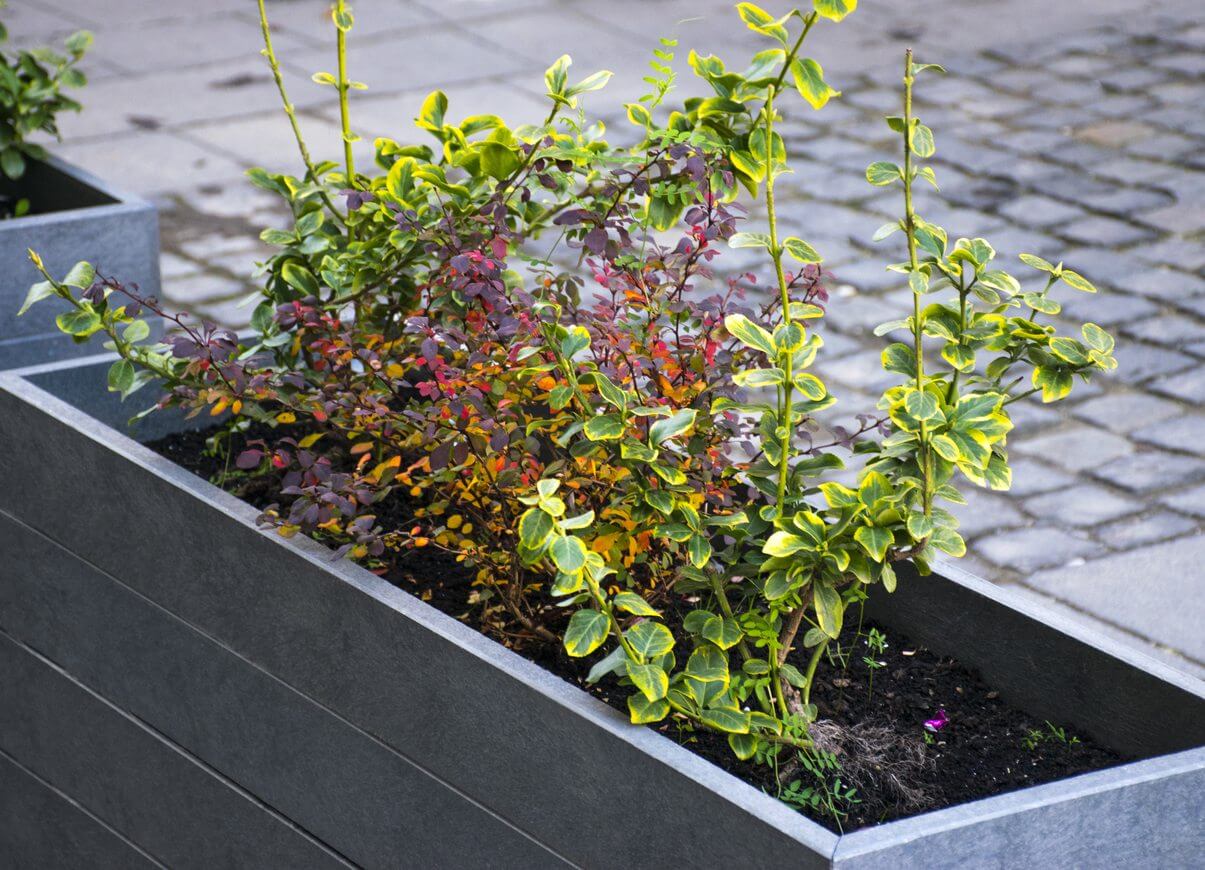
Cultivating Wellness: The Ultimate Guide to Your Organic Kitchen Garden
In an era increasingly defined by conscious consumerism and a renewed appreciation for wholesome living, the organic kitchen garden has blossomed from a quaint hobby into a vital component of sustainable lifestyles. More than just a patch of land, an organic kitchen garden represents a commitment to health, environmental responsibility, and a deeper connection with the food we consume. This guide delves into the myriad benefits of establishing your own organic kitchen garden, offering practical advice and actionable strategies to help you cultivate a thriving and bountiful space.
Why Choose Organic? The Benefits of an Organic Kitchen Garden
The allure of an organic kitchen garden extends far beyond the simple pleasure of fresh produce. It’s about embracing a holistic approach to gardening that prioritizes ecological balance and human well-being.
- Healthier Food: Organic kitchen gardens, by definition, exclude synthetic pesticides, herbicides, and fertilizers. This translates to food that is free from harmful residues, allowing you to nourish your body with truly clean and natural ingredients.
- Environmental Stewardship: Organic gardening practices promote biodiversity, enhance soil health, and reduce reliance on fossil fuels. By avoiding synthetic chemicals, you protect beneficial insects, pollinators, and the delicate ecosystem within your garden.
- Enhanced Flavor: Many gardeners and chefs alike attest to the superior flavor of organically grown produce. Without the interference of synthetic inputs, plants are allowed to develop their full flavor potential, resulting in a more vibrant and satisfying culinary experience.
- Reduced Food Miles: Growing your own food drastically reduces the distance your food travels from farm to table. This minimizes carbon emissions associated with transportation and supports local food systems.
- Therapeutic Benefits: Gardening is a known stress reliever and mood booster. The act of nurturing plants, connecting with nature, and witnessing the miracle of growth can be incredibly therapeutic, promoting mental and emotional well-being.
Planning Your Organic Kitchen Garden: A Step-by-Step Guide
Before you start digging, careful planning is essential to ensure the success of your organic kitchen garden. Consider the following factors:
Assessing Your Space and Resources
Begin by evaluating your available space. Even a small balcony or patio can accommodate a container garden. Consider the amount of sunlight your garden receives – most vegetables require at least six hours of direct sunlight per day. Also, assess your access to water and the quality of your soil. If your soil is poor, you may need to amend it with compost and other organic matter.
Choosing the Right Plants
Select plants that thrive in your local climate and that you enjoy eating. Consider starting with easy-to-grow vegetables like lettuce, tomatoes, zucchini, and herbs. Research the specific needs of each plant, including spacing requirements, watering needs, and susceptibility to pests and diseases. [See also: Companion Planting Guide for Beginners]
Designing Your Garden Layout
Plan your garden layout strategically to maximize space and sunlight exposure. Consider using raised beds, which can improve drainage and soil quality. Implement companion planting techniques, where you pair plants that benefit each other, such as basil and tomatoes, or carrots and onions. This can help deter pests and improve overall plant health.
Preparing the Soil: The Foundation of Your Garden
Healthy soil is the cornerstone of a thriving organic kitchen garden. Before planting, amend your soil with plenty of organic matter, such as compost, aged manure, or leaf mold. These amendments will improve soil structure, drainage, and nutrient content. Avoid using synthetic fertilizers, which can harm beneficial soil organisms and pollute waterways.
Organic Gardening Practices: Nurturing Your Garden Naturally
Once your garden is established, it’s crucial to adopt organic gardening practices to maintain its health and productivity.
Watering Wisely
Water deeply and infrequently, rather than shallowly and frequently. This encourages deep root growth, making plants more resilient to drought. Water in the morning to allow foliage to dry before nightfall, reducing the risk of fungal diseases. Consider using a soaker hose or drip irrigation system to deliver water directly to the roots, minimizing water waste.
Weed Control: A Chemical-Free Approach
Weeds compete with your plants for nutrients, water, and sunlight. Remove weeds regularly by hand or with a hoe. Mulching with organic materials, such as straw, wood chips, or shredded leaves, can suppress weed growth and conserve soil moisture. [See also: Natural Weed Control Methods]
Pest and Disease Management: Prevention is Key
Prevention is the best defense against pests and diseases in your organic kitchen garden. Encourage beneficial insects, such as ladybugs and lacewings, which prey on common garden pests. Use row covers or netting to protect vulnerable plants from insects. If pests or diseases do occur, treat them with organic solutions, such as insecticidal soap, neem oil, or copper fungicide. Avoid using synthetic pesticides, which can harm beneficial insects and contaminate your produce.
Composting: Recycling Garden Waste
Composting is an essential practice for organic gardening. It allows you to recycle kitchen scraps and yard waste into a nutrient-rich soil amendment. Compost can be used to improve soil structure, fertility, and water retention. Start a compost bin or pile in a corner of your garden and add layers of green materials (e.g., grass clippings, vegetable scraps) and brown materials (e.g., leaves, shredded paper). Turn the pile regularly to aerate it and speed up decomposition.
Crop Rotation: Maintaining Soil Health
Crop rotation involves planting different types of crops in the same area each year. This helps to prevent the buildup of soilborne pests and diseases, as well as improve soil fertility. Rotate crops from different plant families, such as legumes, brassicas, and solanaceous plants. Legumes, such as beans and peas, fix nitrogen in the soil, benefiting subsequent crops.
Harvesting and Enjoying Your Organic Bounty
The ultimate reward of your organic kitchen garden is the fresh, flavorful produce you harvest. Harvest vegetables when they are ripe and at their peak flavor. Enjoy your harvest in salads, soups, stir-fries, and other culinary creations. Share your bounty with friends and neighbors to spread the joy of organic gardening.
Extending Your Growing Season
Depending on your climate, you may be able to extend your growing season by using season extension techniques, such as:
- Cold Frames: These simple structures protect plants from frost and cold temperatures, allowing you to start seeds earlier in the spring or extend the harvest later in the fall.
- Row Covers: Lightweight fabric covers that protect plants from frost, insects, and wind.
- Greenhouses: Enclosed structures that provide a controlled environment for growing plants year-round.
The Future of Food: Embracing the Organic Kitchen Garden
The organic kitchen garden is more than just a trend; it’s a movement towards a more sustainable and healthy food system. By growing our own food organically, we can reduce our reliance on industrial agriculture, protect the environment, and nourish our bodies with wholesome, flavorful produce. As we face increasing environmental challenges and concerns about food security, the organic kitchen garden offers a tangible solution for creating a more resilient and sustainable future. Embrace the opportunity to cultivate your own organic kitchen garden and experience the numerous benefits it offers for your health, the environment, and your community. Consider starting small and expanding your garden gradually as you gain experience and confidence. The journey of organic gardening is a rewarding one, filled with learning, growth, and the satisfaction of nurturing life from seed to table. The benefits of an organic kitchen garden are undeniable, offering a path to healthier living, environmental stewardship, and a deeper connection with the natural world.

